Evaluation of the Victims’ Rights Directive.
- The Victim’s Rights Directive was created to support victims of crime of all EU Member States. Also, the Directive states a set of rights for victims of crimes.
- In Europe, 75 million people become victims of a serious crime every year. One out of three women report being sexually or physically abused. Two million children get trafficked every year.
- MHR supports and endorses this initiative on evaluating The Victim’s Rights Directive.
Problems of this initiative:
- Such horrendous crimes can have a deep emotional and physical impact on crime victims that not only does it affect their happiness, but also their economic state.
- While several precautions are done to stop crime from happening in the first place, not much is done to minimize the harmful effects of the crime after it’s done and, in many cases, it could be worse by the way our society and authorities handle the situation afterwards.
- More often than not, victims do not receive appropriate information, support and protection.
- Usually, victims have to tell their traumatizing story to many people: police officers, prosecutors and the judge.
Solutions:
- MHR suggests the EU allows more opportunities for civil society organizations.
- Victims must be talked to in a respectful manner, and their concerns should be taken seriously.
- Crime victims should be treated fairly with no discrimination (nationality, religion, race, age, gender, etc.).
- Crime victims should be protected from further harm by the perpetrator and psychological harm from legal procedures.
- MHR strongly believes that all victims of crime should receive medical and psychological help to help them recover and cope better.
- MHR believes that all victims should have the opportunity to be heard regardless of their language.
- Crime victims should be provided with all the help they need (shelter, support, etc).




